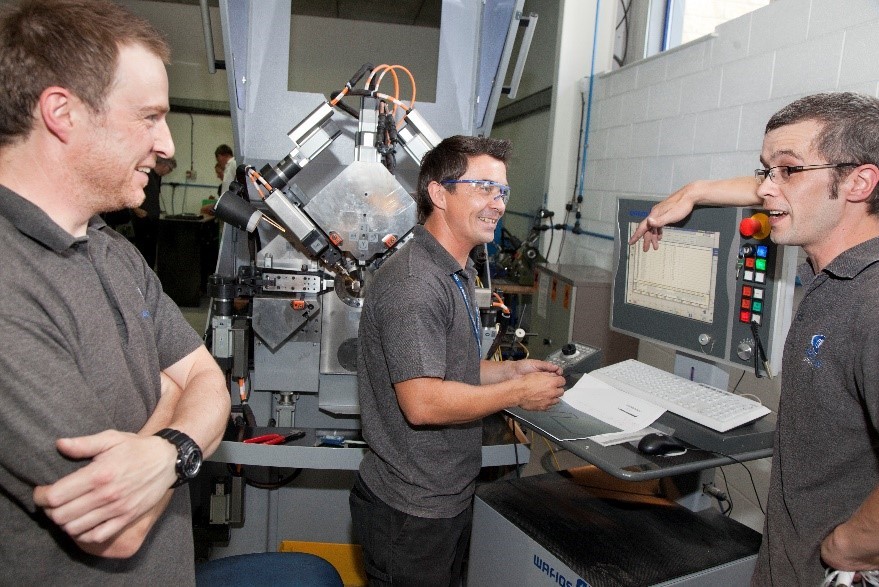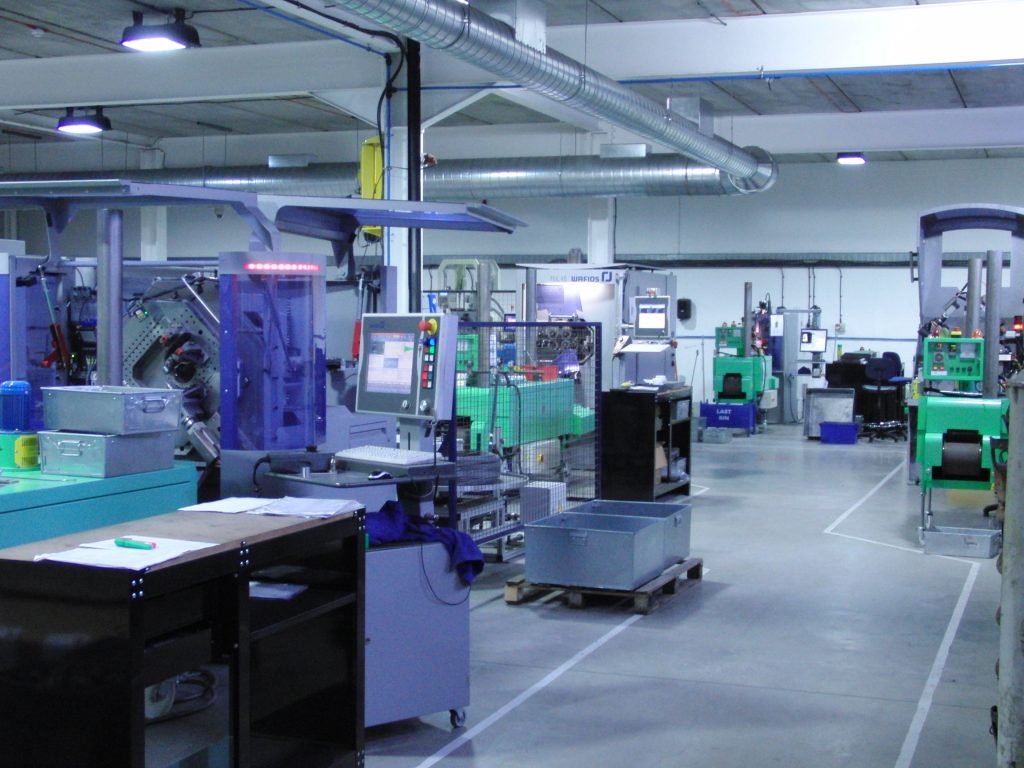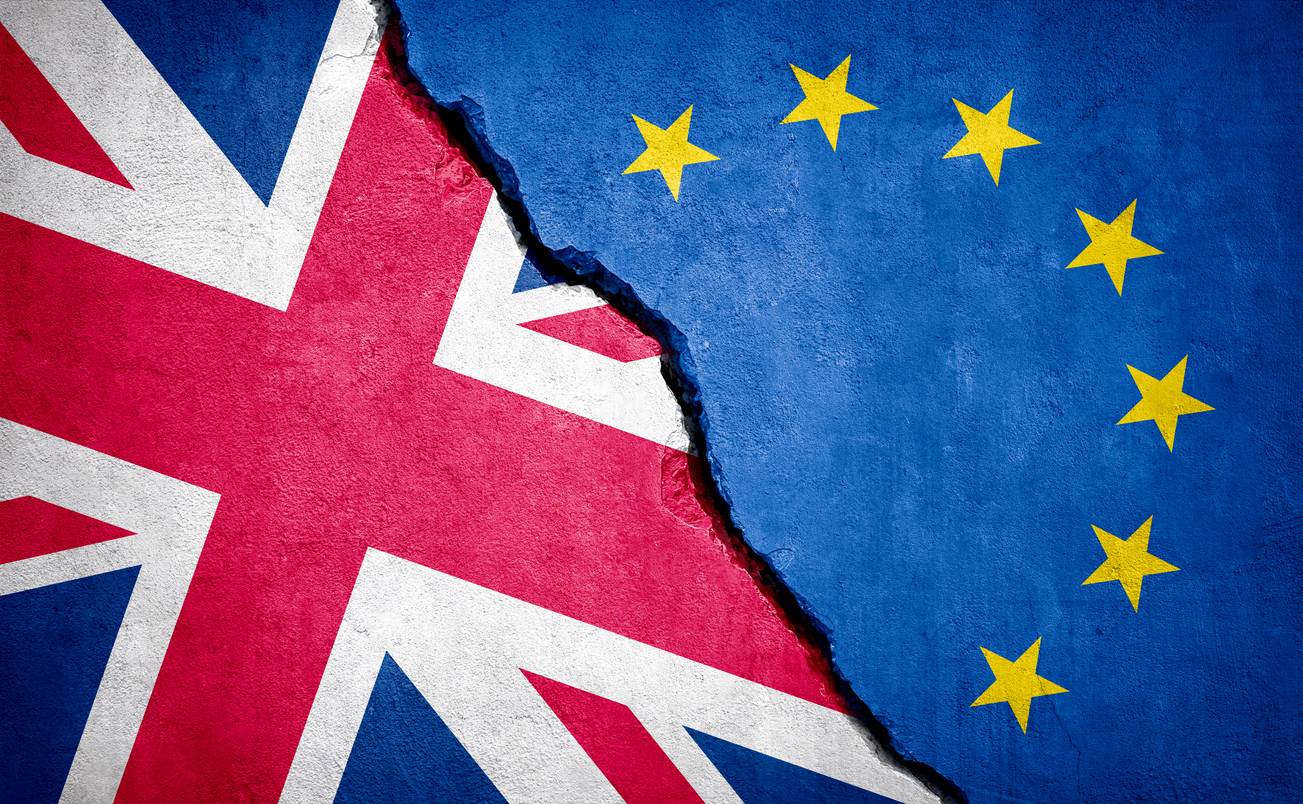The transitional period is coming to an end on 31 December 2020, and it’s crucial that manufacturers are ready for what the new year will bring. Brexit is still a vital issue for businesses across the UK and will likely continue to be for some time.

As spring manufacturers, Airedale Springs is taking a look at ways you can minimise the impact of Brexit on your manufacturing business.
How’s Manufacturing Being Impacted?
Now that 2021 is underway, Brexit has already led to a few issues. The friction felt at the border is an indicator of how things have changed for good now that the UK has left the single market. Supply delivery times in January were some of the lowest in 30 years, leading many to believe that UK manufacturing is ‘close to stalling’ as both Brexit and the pandemic hit supplies.
On top of this, business owners like Nimisha Raja, who did everything possible to prepare for Brexit, ensuring all admin and paperwork was ready for changes in regulation, are suffering because of the changes. Her company, Nim’s Fruit Crisps, like many others, is running into delay issues and possibly higher costs, as well as extra documentation to fill out and submit. In order to minimise extra costs where possible, Nimisha is looking to reroute the company’s supply chains and focus on UK distributors if possible.
The government is offering small businesses in the same situation access to a £20 million support grant to help them with the new trade rules following disruption at the border. This support aims for businesses to get the practical help they need to adapt to the new processes and to prepare for future EU trade checks.
It’s clear that trade between the UK and EU is not smooth sailing at the moment, so what can you do to soften the impact of Brexit on your manufacturing business?
Reshore Supply Chains
One of the main issues since the start of the pandemic has been the disruption of global supply chains. Many businesses had to adapt to the new circumstances by investing in local supply chains instead, which is something that can help minimise the effects of Brexit as well.
By choosing to reshore your supply chains, you can create a more resilient network. This is because you won’t have to worry too much about trading tariffs or border delays, which are already proving bothersome. For example, the UK border customs system was already at its limit back in January and UK importers are now preparing themselves for ‘disaster’ as new custom checks will come into effect in April and July.
This doesn’t mean you can’t outsource from abroad, but having the bulk of your orders come from the UK can help you to keep up operations. We also believe businesses should consider expanding their supply chains by finding other sources, allowing them to diversify their network.
Tim Parkinson, our Chairman, agrees: “Over the years, we have focused on diversifying our production capabilities and ensured we are not reliant on a small number of markets.”
Recruit and Retain the Right Employees
Investing in people can help bridge the current manufacturing skills gap. It can also ensure that your business is able to deliver great products and services, as well as develop new ones. For example, recruiting people who can be upskilled or who already know how to work with specific machines or understand how to design certain products.
Look at ways to maximise the skills of your current workforce and hire personnel where needed – having a good strategy in place can help minimise the effect of Brexit because you may not be able to recruit as much from the EU once free movement ends.
Apprenticeships can be a great way to do this and, at Airedale Springs, we’ve been investing in the younger generation for many years, providing them will key skills and training and allowing them to apply what they learn in a manufacturing environment.

Understand New Customs Procedures
Things changed in the new year, and UK manufacturers must stay on top of what they need to know to keep trading and minimise disruptions to their operations. Businesses have to apply for a UK Economic Operator Registration and Identification (also called EORI) number and will have to send new customs declarations.
It can be challenging to stay on top of the changes, but it’s critical that you do so to cushion the continued effect of the UK’s exit from the EU, as new customs procedures are here to stay.
You should also check how data transfer will apply in 2021, especially when it comes to GDPR rules and whether anything will change regarding transactions with other businesses and partners in the EU.
Change Business Model
This may not be for every UK manufacturer, but some may benefit from changing their business model. Adapting to a post-Brexit world means doing everything you can to remain competitive, which can include changing the location of your facilities or of any branches you may have.
You could have to change your operations too, as your products may require new routes to market or even new customers. In addition, most businesses will have to change their admin processes if they import or export from the EU. So, if this is your case, it’s something to keep in mind to avoid issues throughout 2021 and beyond.
Adopt New Technology and Processes
Investing in new technology is crucial for manufacturing businesses if they want to stay competitive. With Industry 4.0 underway, technologies like cloud computing and AI can greatly change the sector and the way we manufacture – they offer many opportunities and advantages and help businesses to innovate.
Technology can also increase productivity and efficiency and can help companies to scale up production and to develop new products. With Brexit, the UK may start trading with new markets, so being able to innovate and use automation to keep up with manufacturing can lead to many businesses thriving.
At Airedale Springs, we believe in investing in technology, which is why we use cutting-edge CNC coiling and wire-forming machines to deliver the best results to our clients.

Plan for Business Disruptions
Brexit doesn’t mean you have to stop trading with EU countries, especially if you’ve built your entire business around it. What you should do, however, is assess your current business model and check for any improvements, and potential disruptions and delays – especially in 2021 when firms and people are still finding their footing and adapting to new regulations.
Whether it’s long queues at the border or new admin systems and processes that people are still putting in place or getting used to, there are many things that can interfere with your transportation. If you move goods to and from the EU, put a buffer in place to ensure that your business can still operate no matter what happens.
As UK-based spring manufacturers, we understand the sector is changing and that businesses have to adapt to new regulatory changes or to a potentially volatile sterling. Being flexible and open to change can make all the difference.
We can help manufacturers by providing them with all the springs and wireforms they need for their projects, so contact us today to learn more about what we can do for you.


